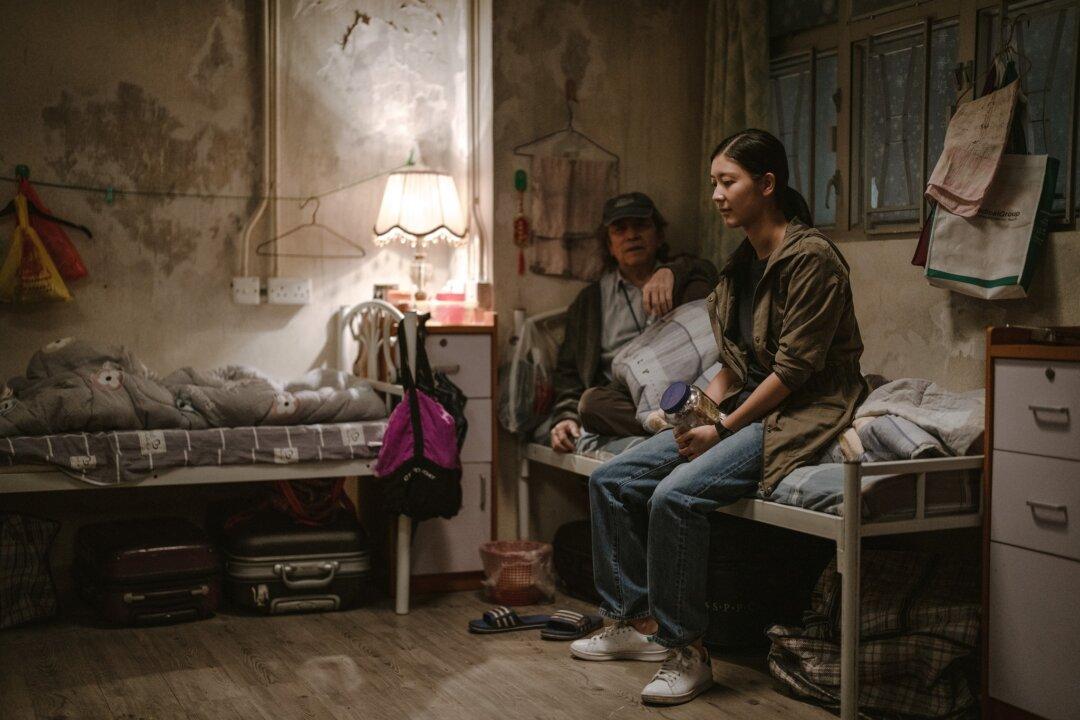“If it’s the right thing, don’t regret it.”
This is director Kan Kwan-chun talking at the 22nd New York Asian Film Festival about his new film “In Broad Daylight,” which has grossed over HK $5 million since its release on Nov. 2 and been nominated for 5 awards at the 60th Golden Horse Awards.




